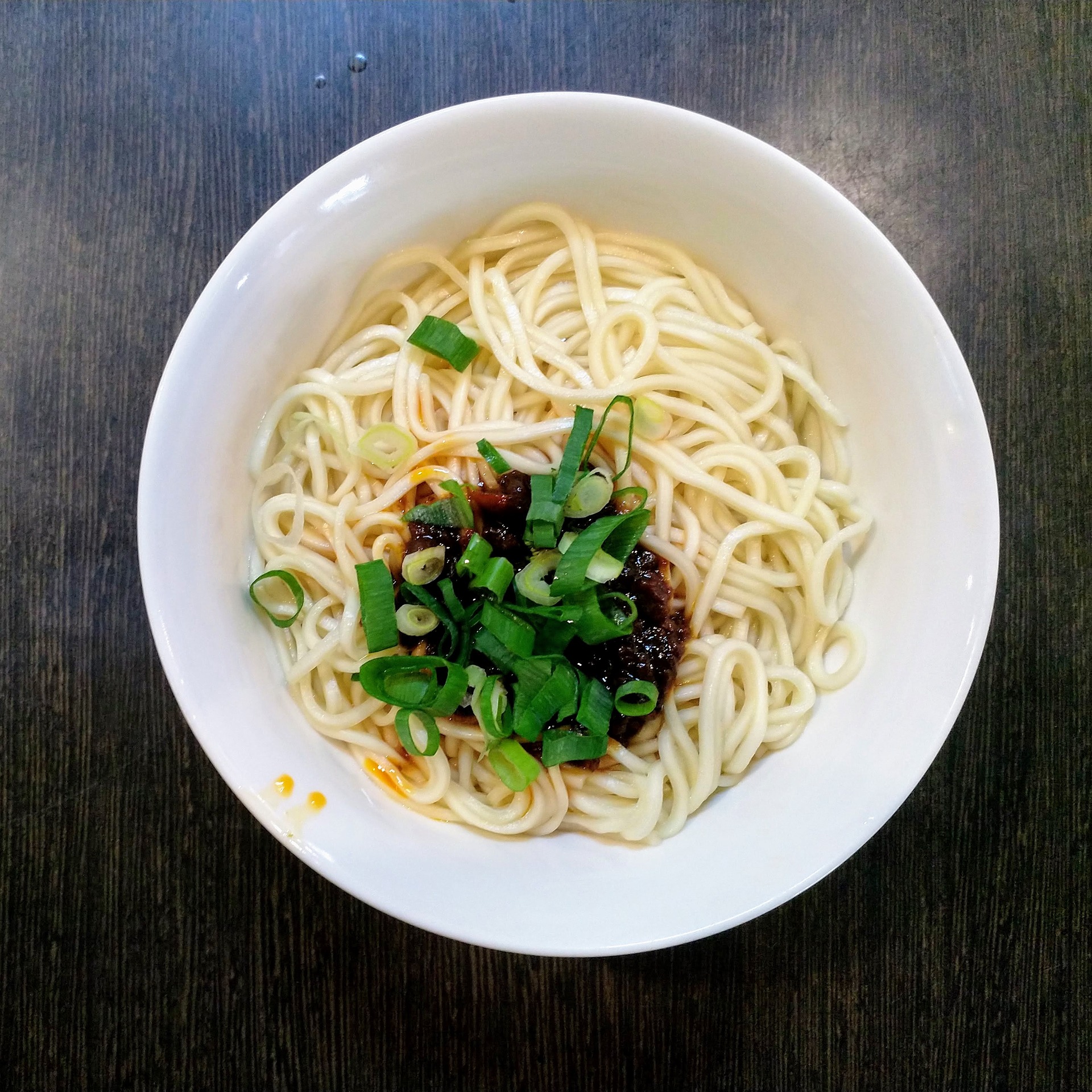Amy begins by talking about a 25 lb food ration coupon. She recalls that, as long as she remembered, having been born in 1952, there was always a food ration coupon. Amy recalls her Christian god mother, who ran a children’s hospital. The woman became her godmother after helping to care for Amy.
Her husband was a surgeon, but was starving to death in jail. His English was very good. He was accused of being a spy and tortured to elicit a confession. After he died, Amy’s godmother was told to confessed. She was the kind of person for whom dignity is more important than life. She decided to hang herself. Her son was called to denounce her dead body in front of the community. He was not able to use cremation services for a denounced person. So, the son had to take the body in type of bicycle used for carrying goods.
Amy’s mother found a collection of food coupons in her house. Amy assumes her godmother saved the food coupons and had put them in a place she knew Amy’s mother would find them.
Amy remembers her father writing Mao’s quotations in letters to make them so boring the censors would not read the whole letters. That way you could communicate important info further down the letter.
When Amy returned home, she was told the news about her godmother and given the food coupons. She returned to the labor camp in Kunming to get her fathers letters. There was an inn which would serve you if you had both money and a coupon. Amy recalls meeting a friend there and buying him a rice noodle. He was extremely hungry, because there was no food in his village. Amy assumed she had more coupons than she would need. So, she gave them to her friend.
Amy found out later that her friend had been arrested for selling coupons. His legs were chained and he was working, under very harsh conditions, in the fields. Amy blamed herself for a long time for giving him the coupons. When Amy went to a reunion many years later, she found out that her friend had been helped by a young lady who arranged for his release. He married the gild and moved to Shanghai, where they ran a rice noodle shop.

